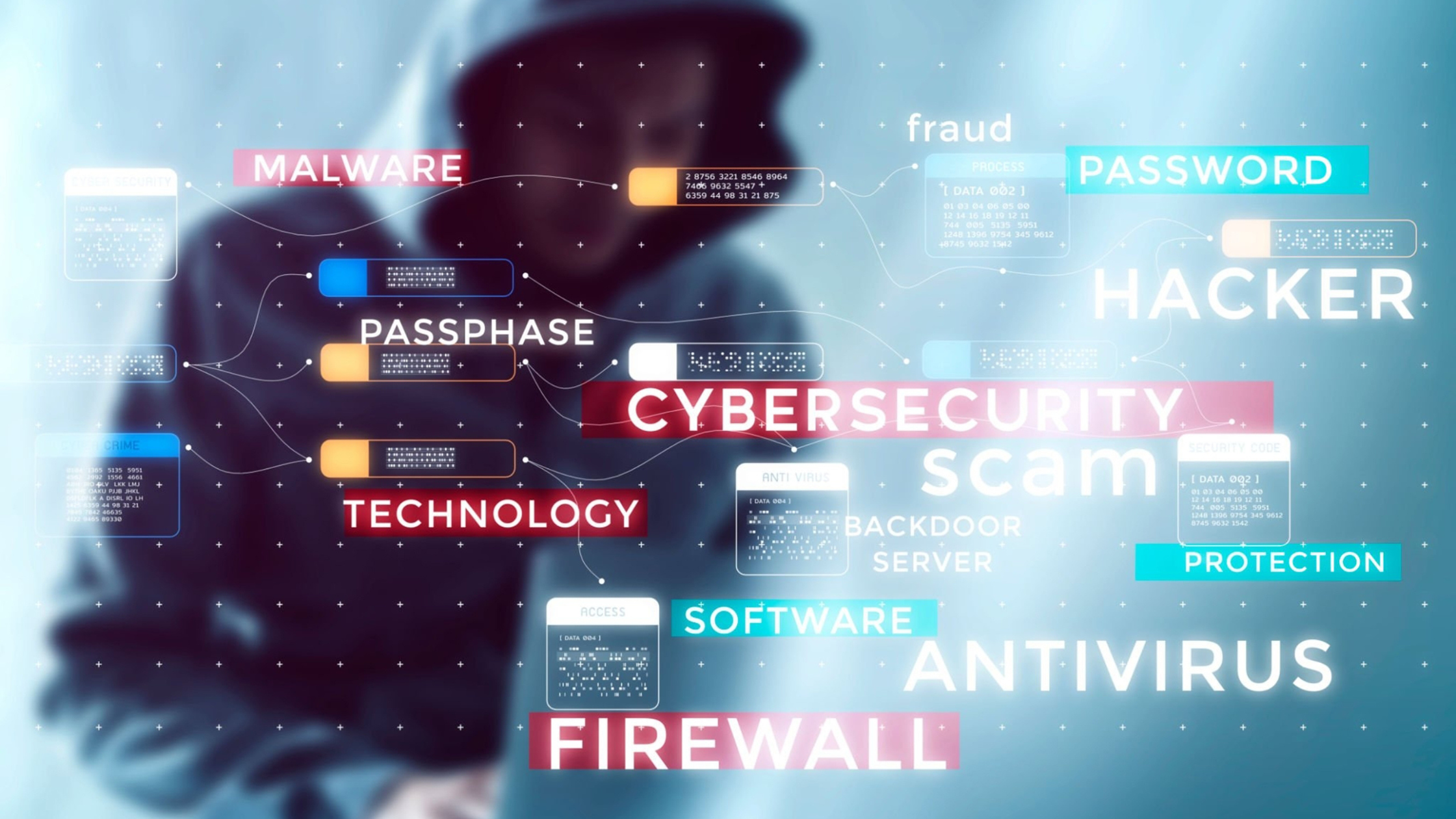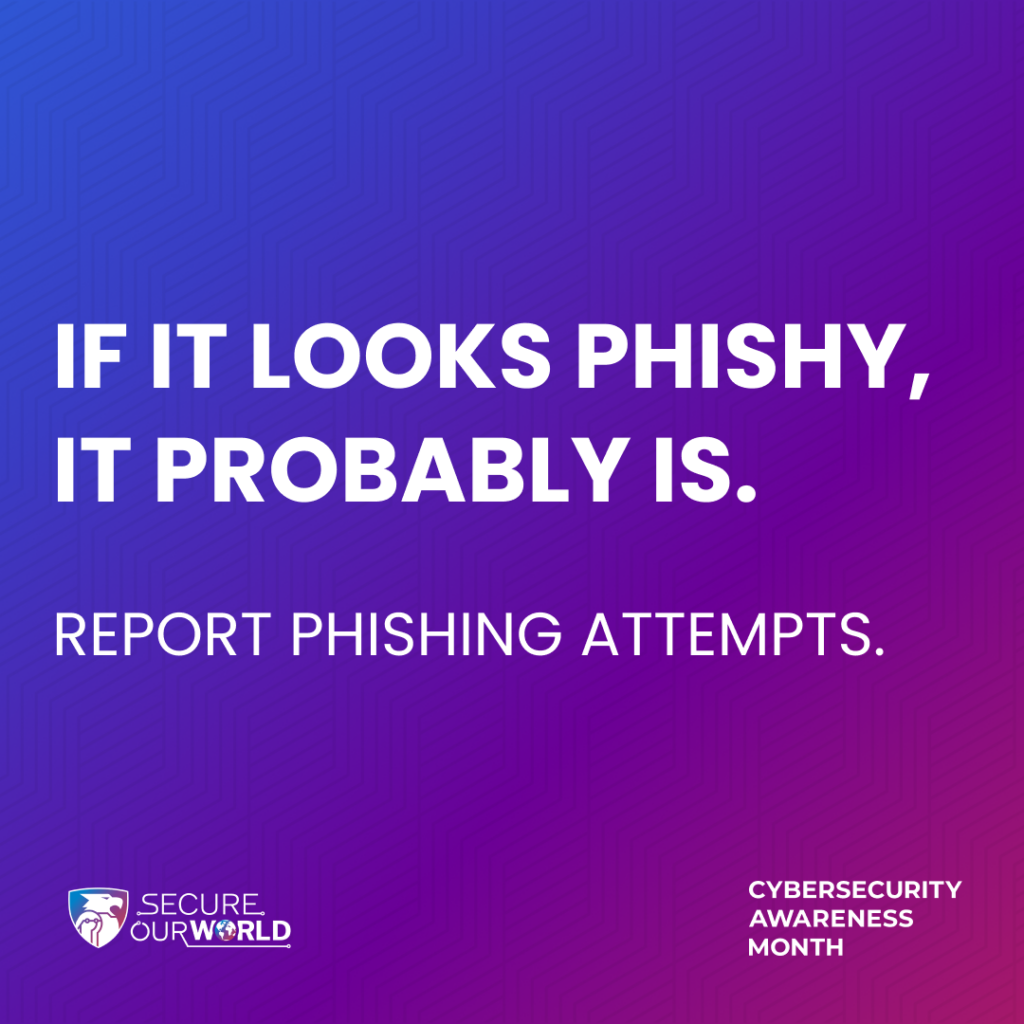

Cybersecurity Awareness Month: Stay Safe Online
October is National Cybersecurity Awareness Month, that one month of the year where people and businesses are shown ways to protect their digital lives. Because cybersecurity threats have become so extreme-since these crimes affect individuals and organizations alike-it’s important to be updated on ways to protect against such potential attacks.
Why Cybersecurity Awareness Matters
Everything is connected in today’s world: from social media accounts to online banking and gadgets in a smart home. Since our digital footprints grow so fast, correspondingly, the possibility for cyber criminals grows of finding some space to take advantage of.
It isn’t an issue of large organizations anymore, but cybersecurity increasingly targets individuals and small businesses. First-line defense against sensitive information can be basically awareness of the most common cybersecurity threats and general preventive measures that may be taken.
Top Cybersecurity Threats to Watch For
Here are a few common cyber threats everyone should be aware of:
- Phishing Attacks
These phishing emails, phone calls, and texts are only in an attempt to get sensitive information out of the user, which involves but is not limited to passwords, credit card numbers, and even Social Security numbers. Most messages appear to be from very real sources, including banks and popular retailers.
- Malware
Malware is malicious software designed to damage or gain unauthorized access to a system. Viruses, ransomware, and spyware are common types of malware that can steal data or lock users out of their systems.
- Password Attacks
Weak or reused passwords can be easily cracked by hackers using methods like brute force attacks. Once a hacker gains access to your account, they can wreak havoc by stealing personal information or spreading malicious content.
- Social Engineering
This tactic involves manipulating individuals into divulging confidential information. Often, this is done by posing as a trusted colleague or company representative to lower a target’s guard and gain access to valuable data.
- Insider Threats
While often overlooked, internal staff or business partners can accidentally or intentionally expose sensitive information, making insider threats just as dangerous as external attacks.

Cybersecurity Best Practices for Individuals and Businesses
Now that we know some of the most common threats, here are simple steps you can take to improve cybersecurity awareness and protection:
- Strong Password Hygiene
Use complex, unique passwords for each account and avoid using personal information like birthdays or names. Enable multi-factor authentication (MFA) whenever possible for an extra layer of security.
- Update Software Regularly
Ensure that your operating systems, applications, and antivirus software are up to date. Regular updates often include security patches that protect against known vulnerabilities.
- Be Aware of Phishing Attempts
Avoid clicking on suspicious links or downloading attachments from unfamiliar sources. Verify the legitimacy of emails by double-checking the sender’s email address and being cautious of urgent requests for personal information.
- Educate Your Team
Businesses should invest in cybersecurity awareness training for employees. Regular training helps staff recognize phishing attempts, spot social engineering tactics, and know what to do in case of a cyberattack.
- Secure Your Network
Ensure that your home and business networks are secure by changing default passwords, using strong encryption, and enabling firewalls. Use VPNs (Virtual Private Networks) when accessing public Wi-Fi to protect sensitive data.
- Backup Data
Regularly backup important files and data to ensure you can recover them in the event of a ransomware attack or other data loss incidents. Cloud storage and external hard drives are great options for maintaining backups.
- Implement a Security Solution
Be it full antivirus or working with an MSSP such as Sennovate, investment in cybersecurity tools and vendors provides the bedrock in finding and mitigating cyber threats before their potential damage can be realized.
How Sennovate Can Help
At Sennovate, we know that the dynamics of cybersecurity threats are changing; therefore, no bit of vigilance will be an exception. It is very important to keep such ransomware attacks at bay that may cause irreparable damage to any business. Putting together a wide pool of experts for 24×7 SOC as a Service, IAM, and DLP solutions intelligently designed, we help give organizations an uncanny edge over cybercriminals through threat detection and response by educating and thereby empowering employees to participate actively in their company’s security.
Final Thoughts
It is Cybersecurity Awareness, and that means it takes everyone’s responsibility. The more informed we can be, the better we will be in following best practices, with the right tool in hand, making minimum chances of a cyber-attack threat, thereby protecting what really matters.
Let us make a vow in safety online for this National Cybersecurity Awareness Month but also for every month in our lives.
